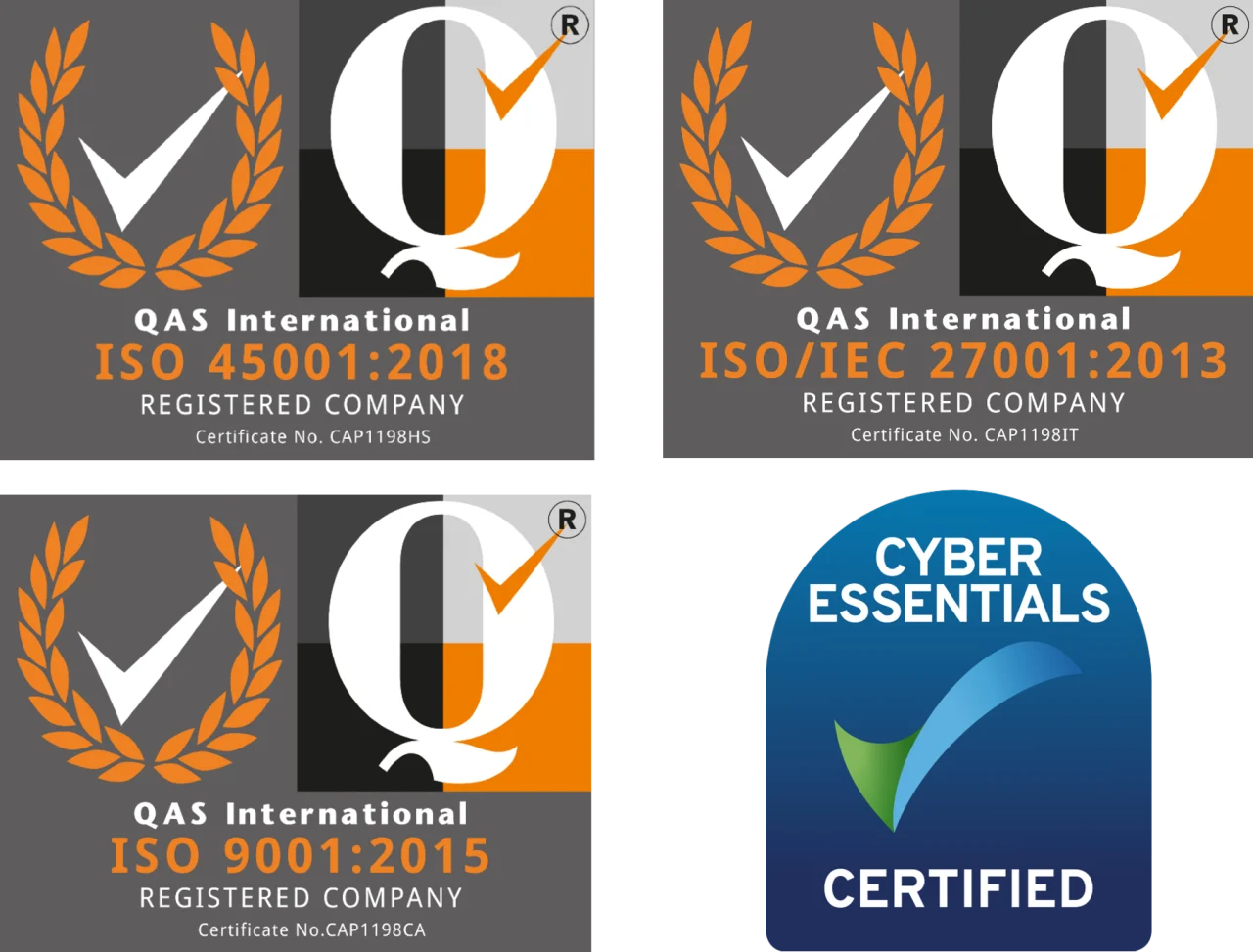That’s an attention-grabbing headline! What’s happened?
There are many different forms of software licencing provided by Microsoft, and the whole system is quite complex to understand. However, many ‘Third Sector’ organisations, like charities, social enterprises and other not-for-profit organisations, have historically been able to benefit from so-called ‘Education’ discounts by virtue of being defined as ‘not-for-profit charitable organisations’. This particular price band means the cost of Microsoft Office 2010 Professional under an Open agreement for example has been around £60 instead of the full commercial rate of around £350.
On 1st July 2012, Microsoft changed the eligibility criteria for this price band of the Open licence. The effect of these changes means that the discounts will only be available to organisations that are either registered with the Charity Commission OR in receipt of a Charity Tax Reference from HMRC. Furthermore, they must receive at least 10% of income from “voluntary donations, legacies or other fundraising”.
Microsoft has now explicitly stated that Social Enterprises are ineligible for the Education discount, and – in their tighter definition of ‘charitable organisation’ – have rendered many other types of third sector organisation ineligible for this form of discount too. For a full list of qualifying criteria, see here: https://mscharity.arvatods.com
Aren’t Registered Charities already getting a better discount through CTX?
Yes – the CTX programme on http://www.ctxchange.org is a ‘donation’ scheme that allows most registered charities to purchase at a lower rate even than Open licensing Education band. However, there are limits on the amount of software that can be requested from CTX, and if you exceed those limits you would have typically purchased additional licences through the Education discount described above.
So, Microsoft has singled out Third Sector organisations that aren’t Registered Charities?
In a nutshell, yes. The change meets that the only organisations that are now eligible for the Education discount are those that (typically) qualify for a much cheaper CTX donation anyway, which we find rather odd. Other forms of Third Sector organisation will no longer be eligible for the Open licence discounts that they have been used to getting for several years.
What do we do if we don’t qualify anymore?
The first thing to note is that the issue will only crop up when it comes to purchasing more licences. When this happens, if you already have a licence agreement under the Education discount that has not reached its expiry date, you can continue to buy licences under that agreement until it expires. Each agreement has a different expiry date. Contact our sales team if you have bought via ESP and want to know yours.
For those needing more licences but with no active Open agreement, the second thing to note is that NCVO members are still able to purchase under a specially negotiated Select Agreement until April 2013. If you are an existing member or are able to join the NCVO, then purchasing under their Select Agreement is another route to cheaper licensing which is still available for the time being.
Thirdly, if you aren’t able to purchase via Education or NCVO routes, you may still qualify for what is known as ‘PSA12’ price band rather than having to pay full commercial rates. This is the ‘Public Sector’ discount band for Open licences, which Microsoft have made available to recognised forms of Social Enterprise where over 50% of their income is from public sector contracts. Whilst this does mean that some will get a discount on commercial rates, the value of that discount is nowhere near as good as the old Education discount. The price of Office 2010 Pro under this agreement, for example, is around £300, as opposed to £350 under commercial and £60 under Education.
Finally, as a last resort, it may now be more affordable to purchase retail or OEM licensing instead of Open. ESP has historically avoided these forms of license as not only were they more expensive but they carry fewer rights and are much harder to administer. We will, unfortunately, have to assess every licence sale now on a case by case basis to see which type of licence is most appropriate and affordable for our clients.
It seems quite a big change, how come we haven’t come across this already?
Yes, it is a big change. Although Microsoft licensing is extremely complex, we previously had a clear and affordable route for the majority of our Third Sector clients. This route is now closed to many, and we will have to spend time with you on each and every quote, discussing your options.
We think the changes have been poorly handled and getting clear guidelines from Microsoft has been very hard. The story has, in fact, made the news in several quarters but in our opinion, the complexity of the topic makes it difficult to understand and thus perhaps it has been a little overlooked. Compounded with this, some larger organisations actually benefit from the changes, gaining PSA12 eligibility where previously they would have had to pay Commercial rate. In our experience though, the changes will affect dozens of our clients for the worse. The NCVO have also picked up on this and are trying to negotiate with Microsoft behind the scenes. If you are interested in the detail of the changes and some of the commentary on it, we suggest you try these links:
- http://www.eildon.org.uk/Upload/Documents/PSA12CharityPricing2.pdf
- http://www.computerweekly.com/news/2240158770/Microsoft-hikes-software-costs-by-four-times-for-some-charities
- http://www.voscur.org/content/microsoft-change-charity-licensing-eligibility
- http://www.civilsociety.co.uk/it/news/content/12858/mixed_reaction_to_new_microsoft_prices

